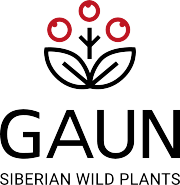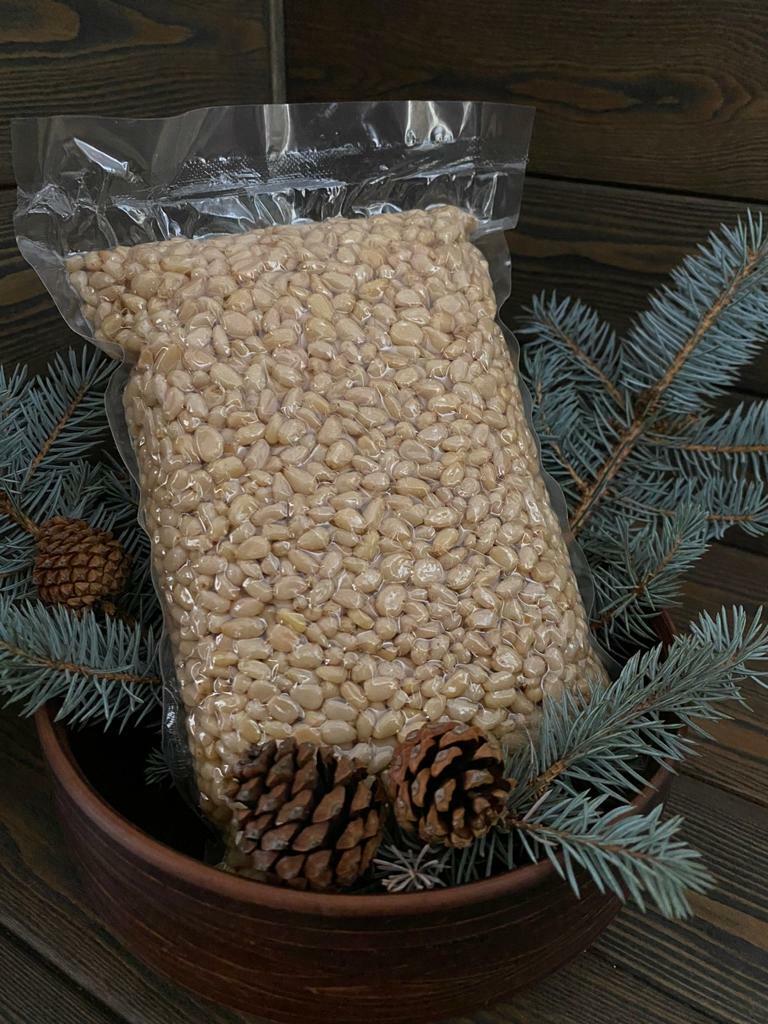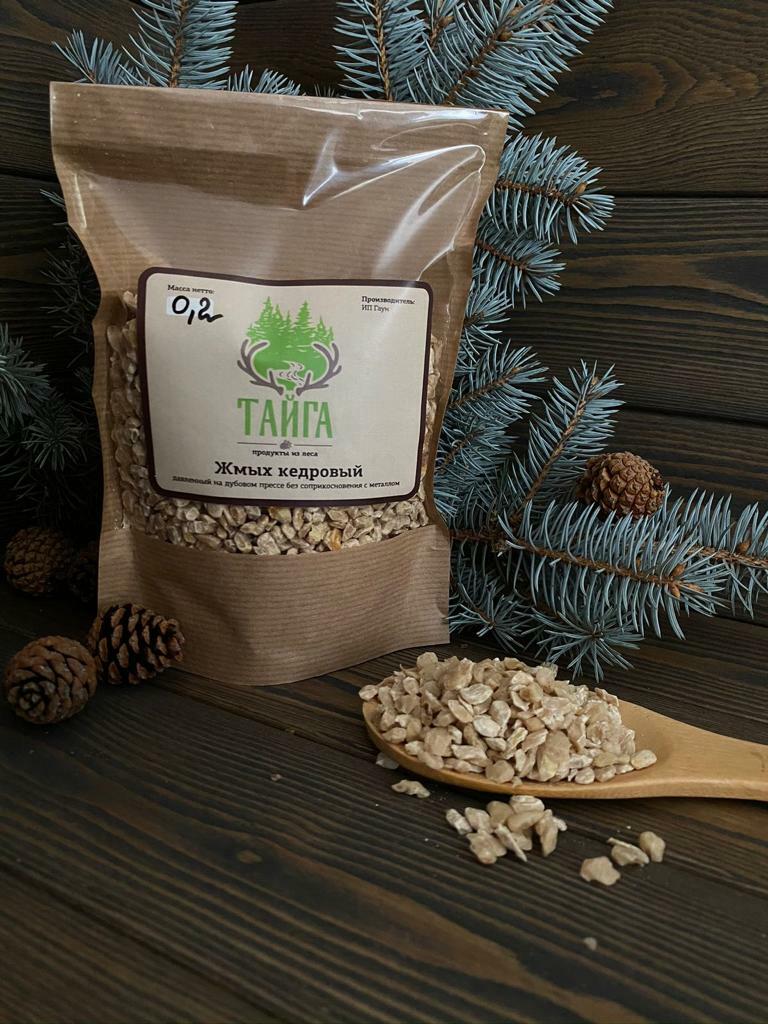Pine nut
The pine nut kernel contains: fats, lecithin, nitrogenous substances, including proteins, carbohydrates, ash, moisture, glucose, fructose, sucrose, starch, dextrins, pentosans, fiber. The pine nut also contains macronutrients such as phosphorus, magnesium, potassium, sodium and calcium; trace elements - iron, manganese, copper, zinc, molybdenum, silicon, aluminum, iodine, boron, nickel, cobalt, lead, strontium, silver.
Even the amniotic membrane of the seeds contains macro- and microelements vital for humans, such as phosphorus, sulfur, calcium, potassium, iron, manganese and silicon. 100 g of cedar seed kernels contain such an amount of deficient microelements that can provide a person's daily need for manganese, copper, zinc and cobalt. 14 amino acids have been identified in the protein of cedar seed kernels, 70% are indispensable, one of which is arginine (about 20%) plays an irreplaceable role in the development of a growing organism. Pine nuts contain almost all essential amino acids, polyunsaturated fatty acids, vitamins: A, B, C, D, E, P. The biological value of pine nut kernels is due to the high content of vitamin B1 and vitamin E.





